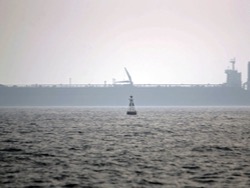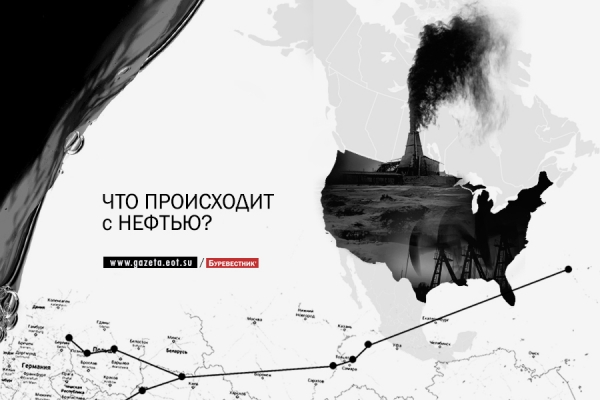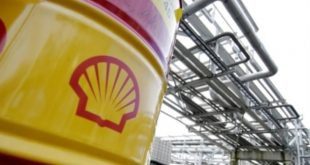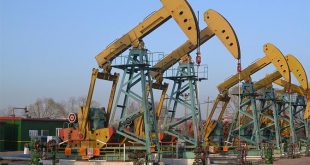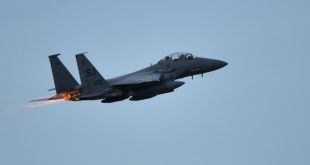
The results of the elections to the Parliament and the Council of experts in Iran has shown a strengthening of the position of “pragmatic forces”, foreshadowing to access the best window of opportunity for foreign businesses and the development of further oil and gas potential of the country.
While no one has a solid majority in Parliament, and the conservatives in the lead, receiving only 36% of the seats, reformists and pragmatists who are supporters of Iranian President Hassan Rouhani, got 32% of the seats, strengthening his power.
In the Council of experts, which is the religious body 88 of mujtahids (Islamic theologians) that elects the Supreme leader of Iran, the pragmatists got 52 seats and the conservatives only 36.
Especially important are the results of the parliamentary elections, as the conservatives will have to join forces with pragmatists and reformists on some issues. Moreover, the number of supporters of radical forces that prevented the opening of Iran towards the international community, has considerably decreased.
So this is good news for those who need to create new conditions for doing business in postcyclone Iran, at least until the next presidential election.
The probability of stronger ties with the West grew exponentially that involves the strengthening of economic and trade cooperation.
In addition, in the next two years, these results guarantee a certain degree of security for investments, and this should be a key factor for foreign investors.
Especially great interest in the Iranian oil industry, because companies are willing to invest in projects in low prices only in case if the cost of production will be low. For Iran, the costs average around $12 per barrel, and the best conditions in the world now very difficult to find.
If previously investors were willing to invest, as the risks were too high for them, now the process of negotiations and investment needs to go faster.
At the moment it is about 18 blocks where necessary to carry out geological prospecting, as well as dozens of oil and gas projects across Iran.
Iran is the fifth largest producer in OPEC. As of January the country produced 2.86 million barrels of oil per day. It’s a million barrels less than it was in 2010, shortly before the most rigid restrictive measures of the USA and the EU. Earlier, Tehran announced its intention to catch up on a million in just a year.
We already know that Rouhani wants to facilitate the creation of joint ventures with the state oil company, and now, most likely, he will be able to implement it. Previously, foreign companies could not own shares in companies in Iran, could not form JV.
The auctions on sale of the rights to work on the blocks and projects will take place in may, so it will take a few months, until oil companies will go to Iran.
The problem is that radical forces who do not want to share the wealth of Iran with foreign companies, will actively oppose any easing.
And it is unclear whether Rouhani and his entourage to overcome such resistance.



